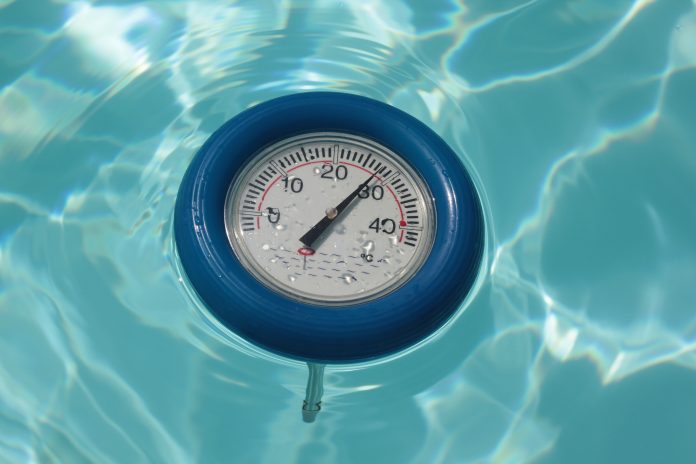What is the ideal swimming pool temperature? Everyone has their perfect pool temperatures. For children and people with health conditions, warmer pool water is relatively better. This can help keep their body temperatures at comfortable temperatures. On the other hand, adults prefer cold temperatures for refreshing moments. When the sun is unbearably hot during the summer afternoon, fresh pool water is pretty inviting.
A pool thermometer lets you know, measure, and regulate pool water temperatures. Pool thermometers come in different forms, each with unique features and functionalities. Some of the great options available include swimming pool thermometer floating – digital floating, analog floating, and infrared thermometer. While some are wireless, others use wifi to measure water temperatures.
As mentioned above, knowing the specific benefits of a pool thermometer is vital for pool owners and swimmers. That being said, here are key reasons why you should get pool thermometers:
- Measure and Regulate Pool Water Temperatures
Swimming is most enjoyable when the pool water is in the temperatures that you consider good. Fortunately, a pool thermometer lets you measure and regulate the warmth of the pool water.
Warmer water helps avoid a cold shock when you jump into a pool. Using a pool thermometer can help tell when the water is too cold for you.
A US Water Fitness Association report indicates that warmer water temps, say between 84-90°, are the best for beginners just learning how to swim.
Further, water temperatures below 77°F begin to affect a swimmer’s breathing system. A report released by the National Center for Cold Water Safety says that if the swimmers get into temperatures below 50°F, it can lead to a total loss of breathing control, shock, and eventually death.
Swimming in temperatures below 40°F is hazardous and also painful since it’ll make one feel like their skin has been set ablaze.
- Health Benefits
A pool thermometer serves people with specific temperature needs. People with underlying health conditions might get affected when exposed to the cold pool water. For example, symptoms of a person with multiple sclerosis or thyroid disease get worse in cold.
Keeping water at warmer levels can let people with such conditions enjoy their swimming experience. Also, they get to exercise without overheating their body.
Water temperatures between 90 and 92° can help reduce joint pain for people with arthritis. Warmer water can also stimulate the flow of blood and loosen-up muscles. This can make the movement underwater much more manageable.
The elderly and the little ones enjoy swimming if the pool water is warmer. This will give them a chance to exercise and stay fit as well.
Only a pool temperature can let you accurately gauge how cold or warm the pool water is.

- Balance Ph Levels
Bacteria and algae thrive better in warm water. If temperatures get too warm – 85°F and above – bacteria and algae spores infiltrate the pool corners. Controlling rising water temp helps keep them away.
However, warmer water burns through chlorine supply faster, which becomes a danger to the swimmers. This makes it vital to keep an eye on soaring temperatures and take the right actions.
- Cooler Water is Ideal For Training Swimmers for Competition
Training of swimming competitors occurs in cooler pools. This is because warm water can cause swimmers to become overheated and dehydrated.
Competition trainees can swim in cooler temperatures of relatively below 77°. When a swimmer is training for a competition and being monitored closely by a professional, they can tolerate such low temperatures.
- Energy Savings
Measuring the pool temperatures can save you energy. If you live in warmer places, you may not need to use the pool heater. A pool heater is handy in winter and fall seasons, but may not be required during summer.
If you measure the water temperatures, you can tell when to turn the heater on or off, allowing you to save money on your energy bills.
- Pool Heater Troubleshooting
The pool thermometer can let you know if your pool heater is faulty. When the heater is not working correctly, the water temperatures will be lower than expected.
With this information, you’ll be able to check what the problem is and fix it. Also, if necessary, scheduling a repair becomes a priority. If all that doesn’t work, replacing the heater will be the ideal solution.
Conclusion
When swimming, you’ll enjoy more if the pool water is in the temperatures you love. Getting a pool thermometer will help gauge the water temperatures for you before you jump in.

















